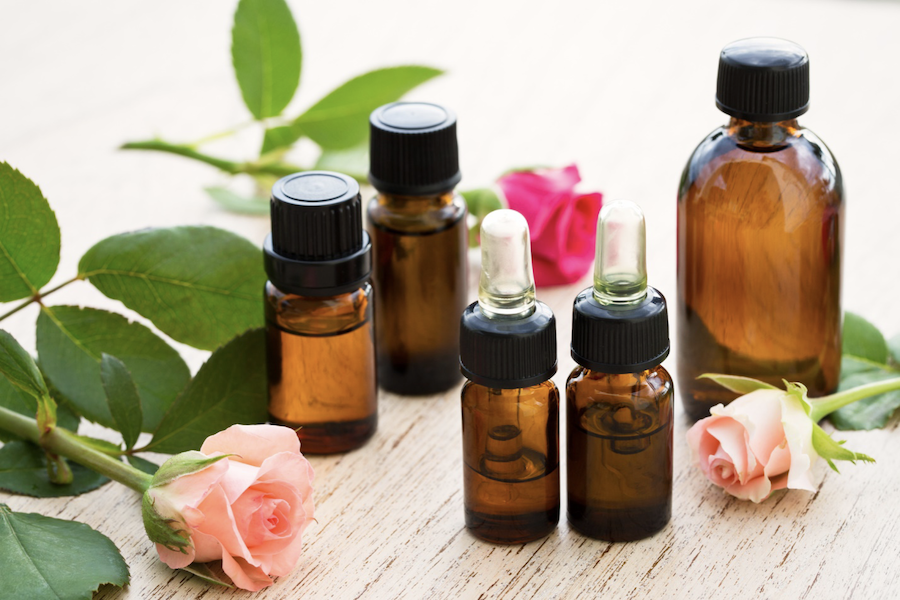Have you heard that the global essential oils industry is worth around $22 billion?
These concentrated plant extracts offer a natural and holistic approach to wellness. With so many phenomenal benefits of essential oils, we can expect this industry to explode more over the next few years.
When using essential oils, it’s important to be aware of common errors that can diminish their effectiveness or cause harm. Read on to explore six common errors in using essential oils and how to avoid them.
1. Choosing Essential Oils That Aren’t Ideal
When it comes to essential oil uses, selecting the right ones for your needs is paramount. Each essential oil is ideal for certain benefits. Some oils are calming and soothing, while others are energizing or have antibacterial properties.
Before purchasing an essential oil, research its uses and properties to ensure it aligns with your specific requirements.
2. Not Diluting Essential Oils
Do you plan on applying essential oils to your skin? Since essential oils are potent, you should dilute them beforehand to avoid irritations or allergic reactions.
You can dilute yours with a carrier oil like coconut oil before topical application. The safe formula is to add 12 drops of your oil to every ounce of carrier oil.
3. Running a Diffuser That’s Low Quality
Using a diffuser is a popular method to enjoy the aromatic benefits of essential oils. Using a low-quality diffuser can be problematic and compromise the effectiveness of the oils, though.
You can click for bestselling scent diffusers to get the greatest results.
4. Not Researching Essential Oil Brands
To ensure you are using pure and high-quality oils, research the brand’s reputation. Learn about their sourcing practices and quality control measures as well.
Choosing reputable brands will help you avoid adulterated or low-quality oils that may not provide the desired benefits.
5. Neglecting Proper Storage and Shelf Life
Essential oils can degrade in quality and potency over time. Neglecting proper storage practices and exceeding their shelf life can result in diminished therapeutic benefits or even potential harm. To avoid this error, store your essential oils in dark, glass bottles sealed tight to prevent air and light exposure.
After the expiration date, essential oils may lose their effectiveness and aroma. Check the expiration dates often and discard any oils that have expired.
6. Mixing Incompatible Essential Oils
Blending essential oils can create unique and pleasing aromas. It’s essential to understand the compatibility of different oils, though.
Not all essential oils blend well together, and mixing incompatible oils may lead to a chemical reaction that alters their properties or diminishes their effectiveness. Before blending oils, familiarize yourself with their individual profiles.
You Don’t Want to Make These Errors in Using Essential Oils
Using essential oils can enhance your well-being when done right. By avoiding common errors in using essential oils, you can have awesome experiences with essential oils.
Want to catch up on more lifestyle news? Click around our blog.

